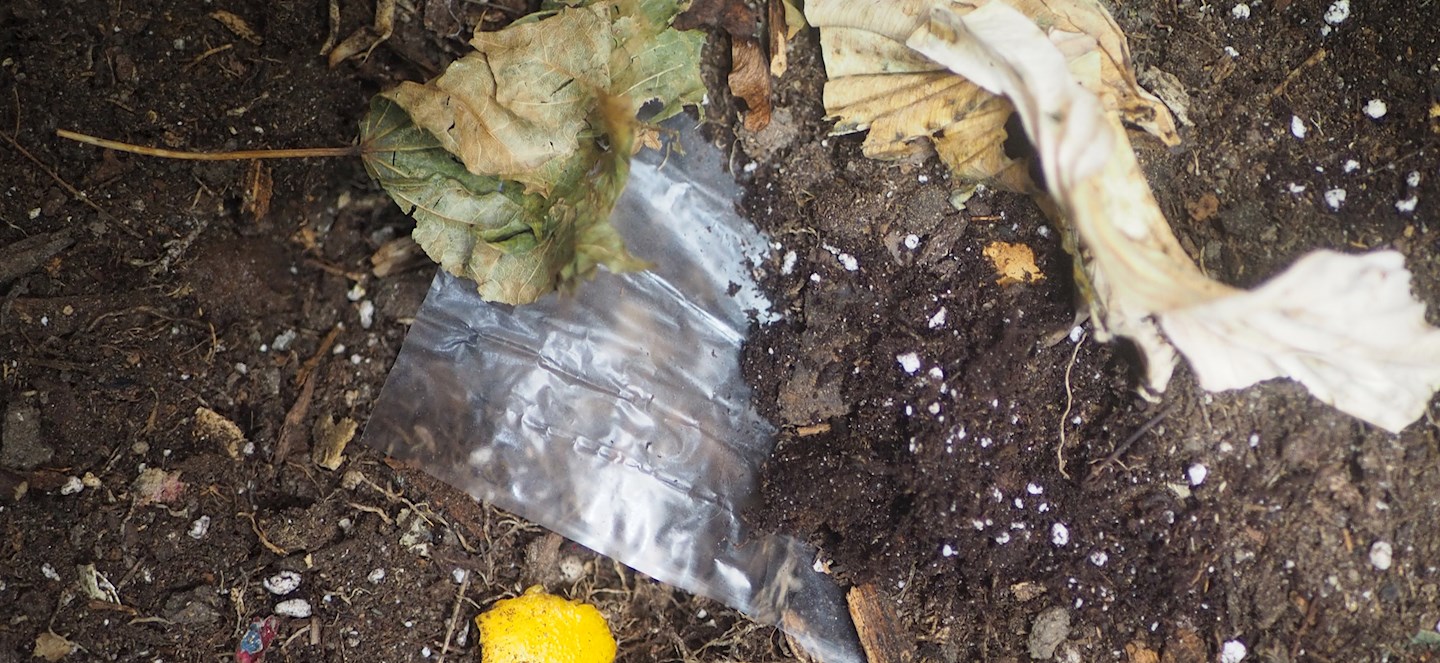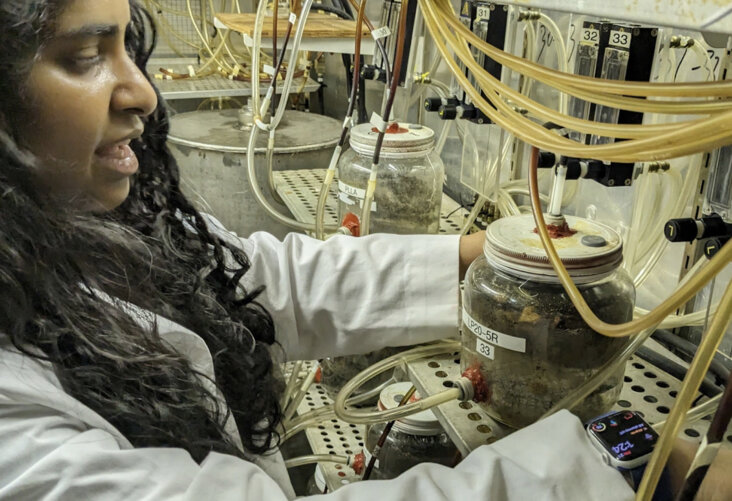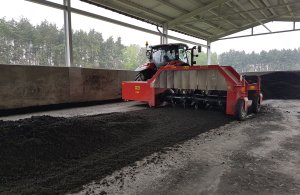Researchers at Michigan State University (MSU) have conducted a study focusing on enhancing the compostability of bioplastics. By incorporating starch into bio-based polymers, the team has found a way to increase the composting efficiency of these materials. This development could play a crucial role in diverting plastic waste from traditional waste streams and reducing the environmental impact of plastics. According to the article the team showed that PLA can sit around for 20 days before microbes start digesting it in industrial composting conditions. To get rid of that lag time and enable the possibility of home composting, the team - led by Rafael Auras (Professor at Michigan State University and Amcor Endowed Chair in Packaging Sustainability) - integrated a carbohydrate-derived material called thermoplastic starch into PLA. Among other benefits, the starch gives composting’s microbes something they can more easily chow down on while the PLA degrades. Using their expertise and the resources at hand, the researchers have demonstrated that completely compostable bio-based plastic packaging is possible. Yet Auras stressed that this alone won’t be enough to guarantee its commercial adoption. Read more…










